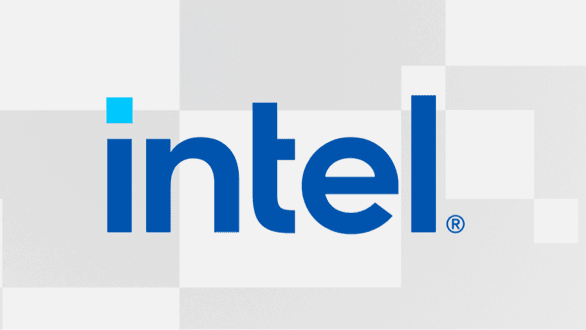No, it isn't. And to prove it, I just went and downloaded the ".inf" package for my Z690 Aorus elite AX which results in a zip file named mb_driver_647_infupdate_10.1.19198.8339.zip, which, if you extract the contents, results in the extraction of a file named mb_driver_647_infupdate_10.1.19198.8339.exe.
If you then extract the contents of THAT file, what you get is all of the following INCLUDING the "Setupchipset.exe", InstUpd.exe and "DriverFiles" folder. Now, if you want to believe all of that is simply to supply a product name, that is your choice, but I'm telling you in no uncertain terms that you are 150% wrong. Period. And so is the offered description on the Intel website.
The ".inf" package IS, and has ALWAYS been, for as long as modern systems have needed manufacturer chipset drivers, THE way you update the chipset drivers for any given Intel chipset.

I know that the Intel website indicates that it primarily provides the product NAME, but that information is misleading because there is far more to it than that. The .inf on modern chipsets does not however offer any driver or naming information for AGP or USB onboard hardware, according to Intel. But we know already that Intel has a bad habit of providing inaccurate or misleading information on it's website and media materials and that you NEED to go to the datasheets if you want accurate information. In reality, especially now that Intel does not offer direct downloads of it's chipset drivers on it's own website, the fact is that motherboard manufacturer's ALL have their own custom chipset driver packages for the specific motherboard model and it's onboard hardware, and that chipset driver information is found in what they list as ".inf" under "chipset drivers". It has ever been this way for modern chipset hardware even back when Intel DID offer direct downloads of the latest chipset drivers on their own website. And when they did, THOSE too were specifically labeled as ".inf".
Why they call it ".inf" instead of "SetupChipset" is beyond me, because the fact is that the SetupChipset is what contains the ".inf" files, not the other way around. It does the system no good to know what the "name" of something is if it does not have the necessary drivers and supporting files to know what to do with it. But I assure you, when you want to update the chipset driver for a specific motherboard, the latest .inf file under chipset drivers is what you really are looking for. And in some cases there will be other downloads available there as well such as the Intel management engine driver, which is entirely independent of the actual chipset operation itself and is an embedded microcontroller that basically runs a backdoor OS intentionally implemented by Intel to run on a microkernel and it is an autonomous subsystem that is totally not required for standard operation of the CPU or chipset.
Also listed under there may in some cases be the Serial I/O driver, HID event filter and other things like recently the Dynamic tuning technology and GNA scoring accelerator all of which might be needed depending on your platform and application but none of which are the actual "chipset driver" that gives Windows the information it needs for full featured operation of your platform.



